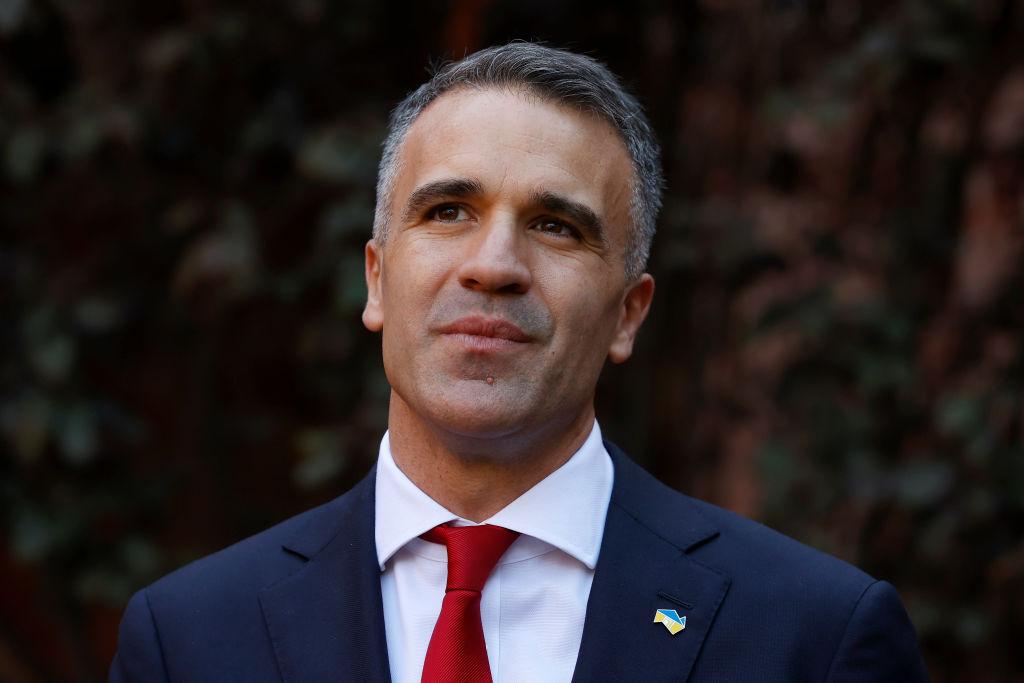South Australia (SA) will forge ahead with its own Indigenous Voice to Parliament, legislated through the SA Parliament, in a move that will likely add a major layer of red tape to government decision-making.
The announcement by the SA Labor Premier Peter Malinauskas comes as his federal counterparts look set to push forward a national referendum on whether to embed the advisory body for Indigenous affairs into the Australian Constitution.





